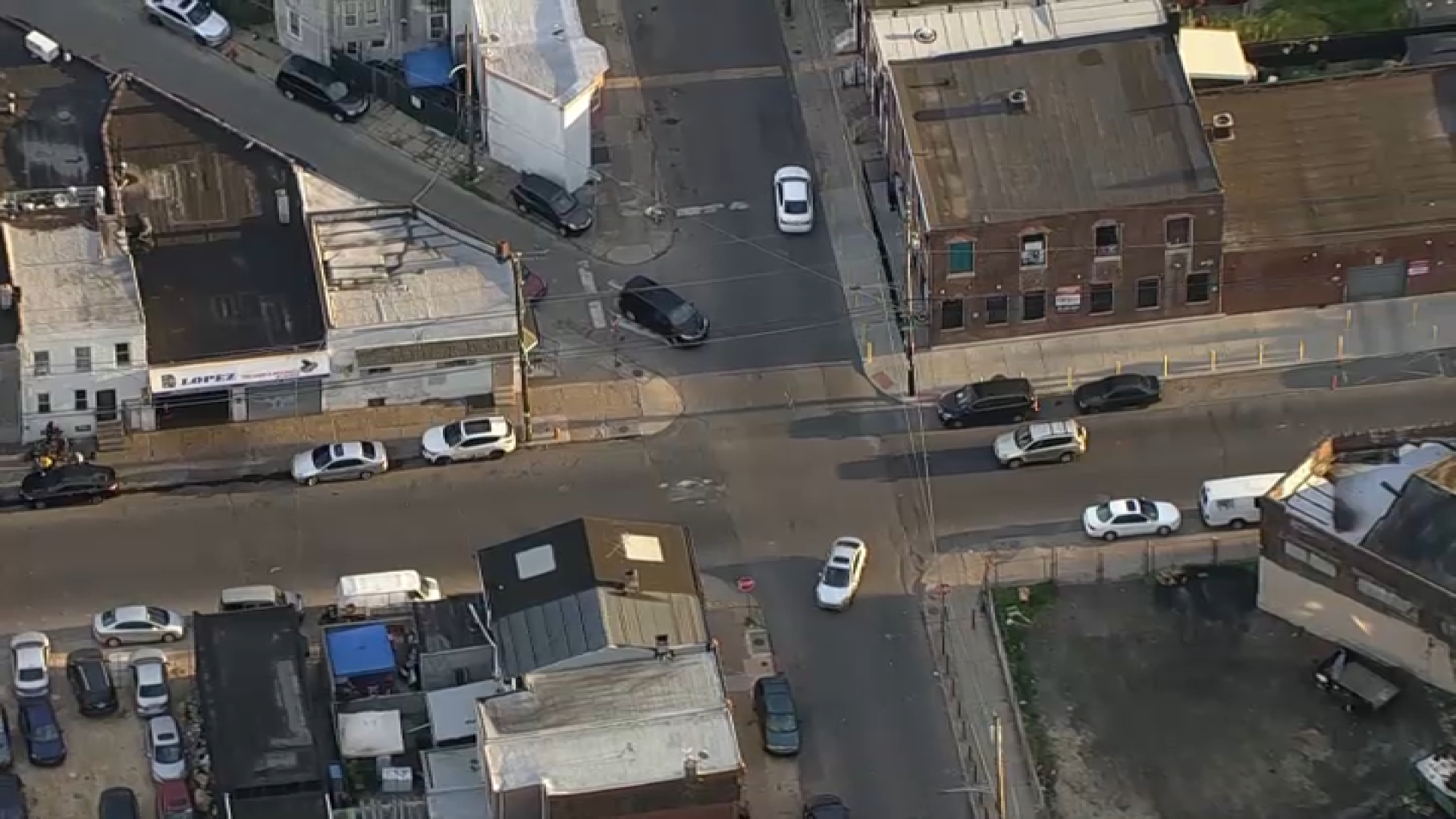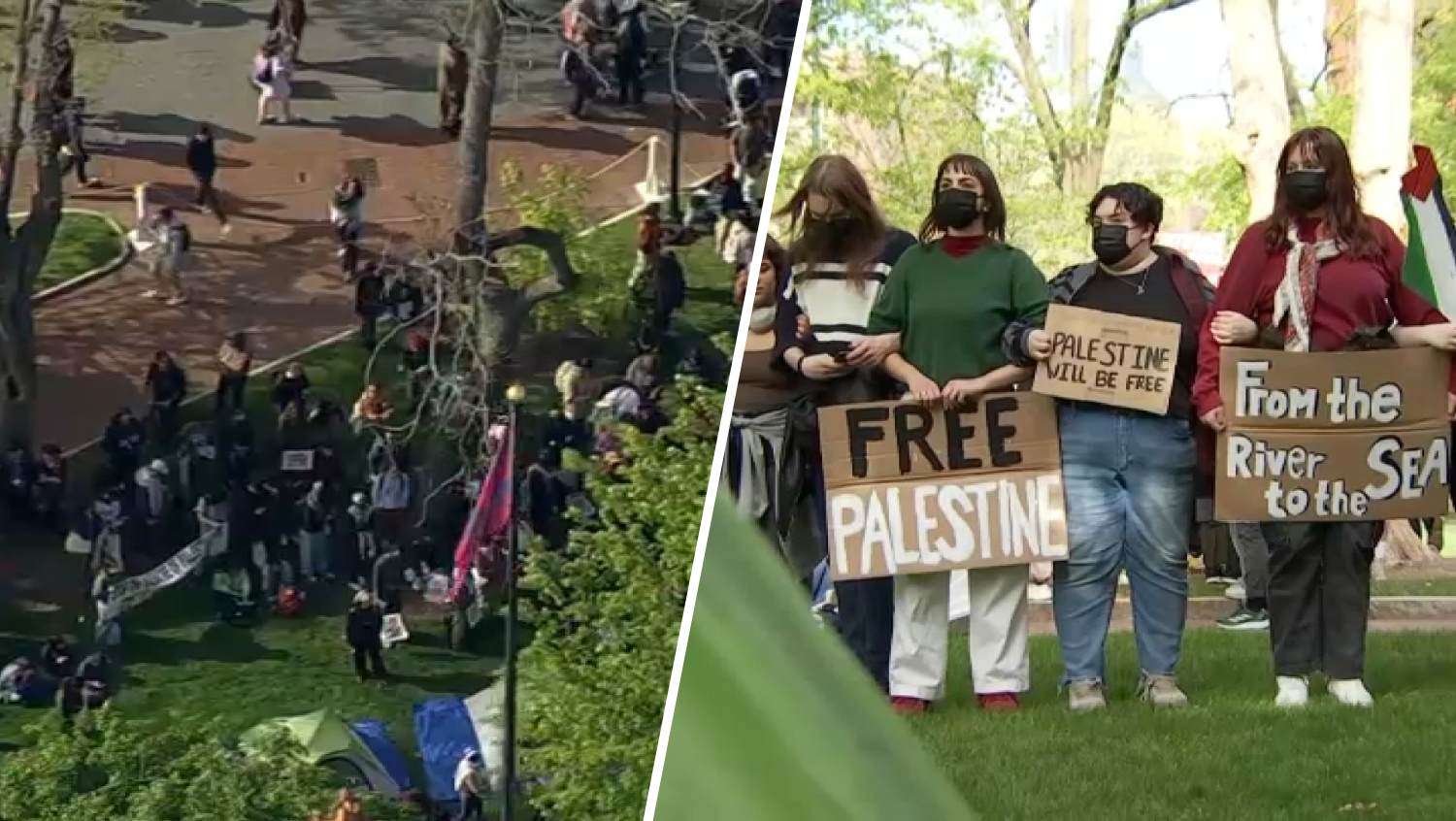New Jersey elected officials have until the final moments of June to agree on a budget that will keep the state government funded.
But if they can't -- and, as of Friday night, just 24 hours before the deadline, no deal had been reached -- then the government could shut down.
But what does that mean to you? Good question. The scope of the shutdown is up to N.J. Gov. Phil Murphy, who would decide what are "essential" government services -- that stay open -- and which are "inessential," and would close.
Unfortunately, the state has some recent experience with shutdowns that could suggest what will happen. The government shut down over budget impasses in 2006 and then again in 2017.
Based on that, here's what you probably can and can't do during a New Jersey government shutdown:
WHAT'S CLOSED
Non-essential state offices, which means up to 35,000 state employees would be furloughed.
Local
Breaking news and the stories that matter to your neighborhood.
All Motor Vehicle Commission agencies and inspection stations will close.
State courts will close. That means a halt to all state cases, including divorces.
The state Department of Health will no longer be able to issue copies of marriage certificates and birth certificates.
State permitting and inspection offices would not operate.
State tax call centers and help centers, as well as the state Division of Pensions and Benefits, would close, though taxes are still due and pensions will still be paid.
As of right now, state parks and state beaches will close. That includes state parks such as Cape May Point State Park, Corson's Inlet State Park near Ocean City, Cheesequake and Island Beach, as well as Liberty State Park in Jersey City. NJ.com posted a full list of the state parks and beaches that would be shut down.
However, there's hopes that the beaches will be spared. Assembly speaker Craig Coughlin said Friday he's going to try to push to keep parks and beaches open, though it's not clear if Murphy will approve.
Racetracks will have to close. Though state law includes a provision that gives them a way to stay open, the state Attorney General said Friday that the racetracks failed to apply for a permit required under law to take advantage of that provision.
WHAT'S OPEN
State police will continue to work. So will state services essential for safety, such as the Division of Child Protection and Permanency and its 24-hour child abuse hotline.
Hospitals run by the state will continue to operate. So will prisons.
New Jersey Transit will continue to run.
Tolls still will be collected at tollbooths on the Turnpike, Atlantic City Expressway and Garden State Parkway.
Casinos, unlike racetracks, will stay open - for now. But they may have to close if the shutdown lasts more than seven days.
The officials charged with regulating casinos, however, would be furloughed.
Public schools and colleges would likely remain open, though some services provided by the State Department of Education would stop.
Unemployment offices will stay open.
You will still be able to buy New Jersey Lottery tickets, probably. The lottery did not shut down in 2017, though it did in 2006.
Road construction will continue, unlike in the 2006 shutdown.



